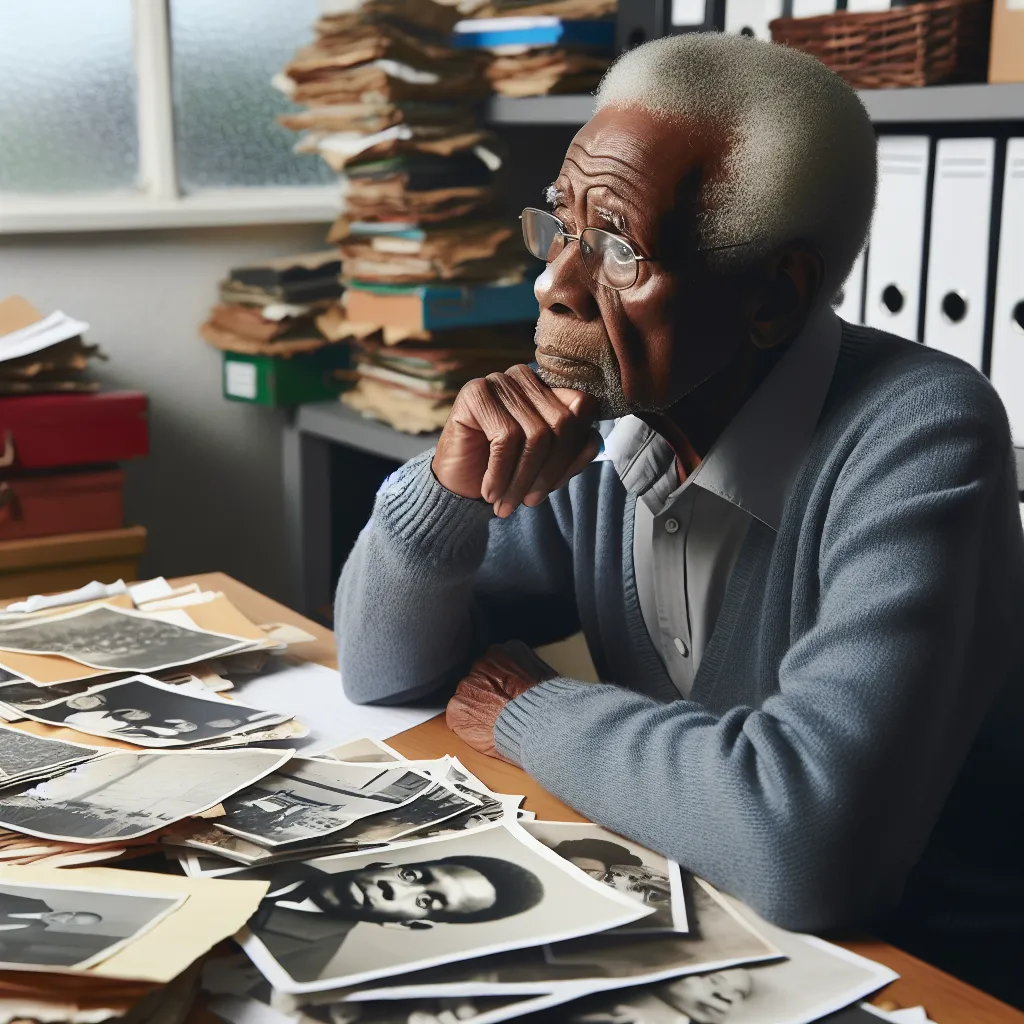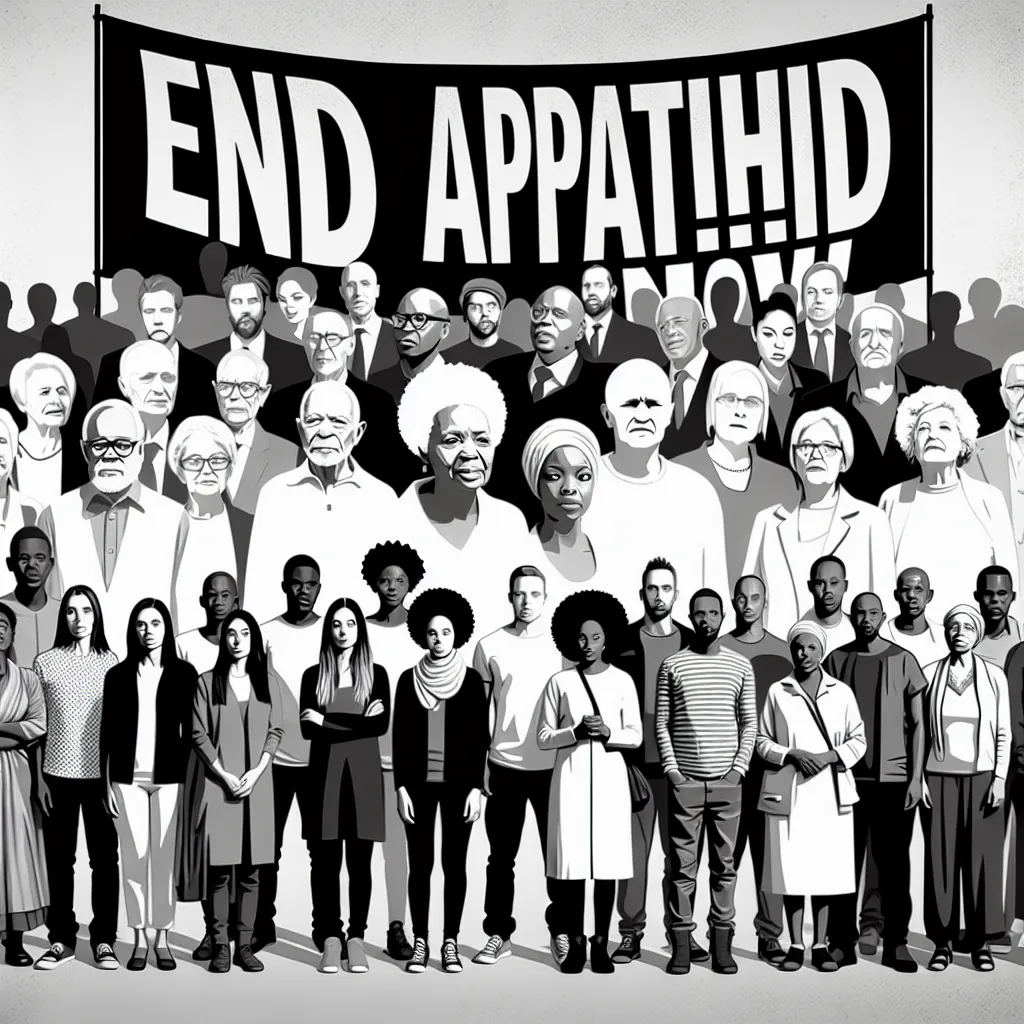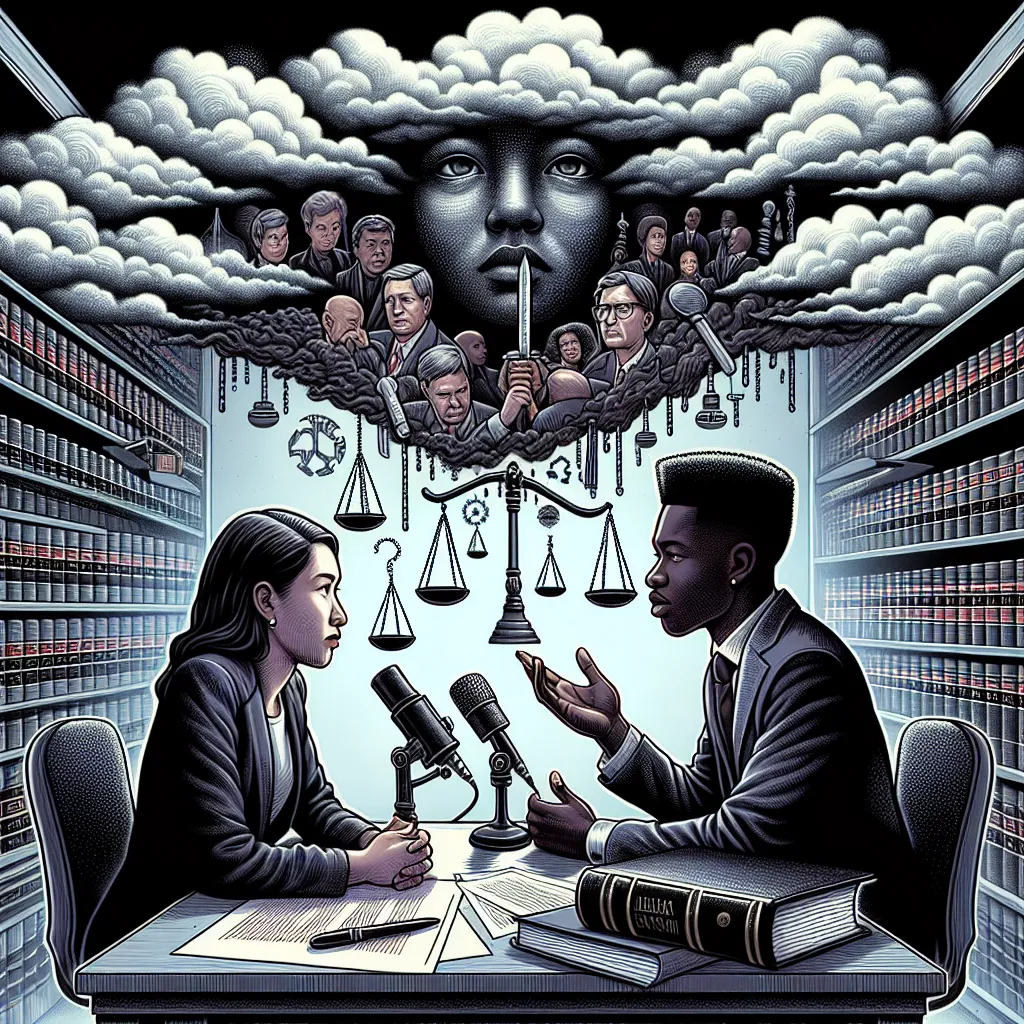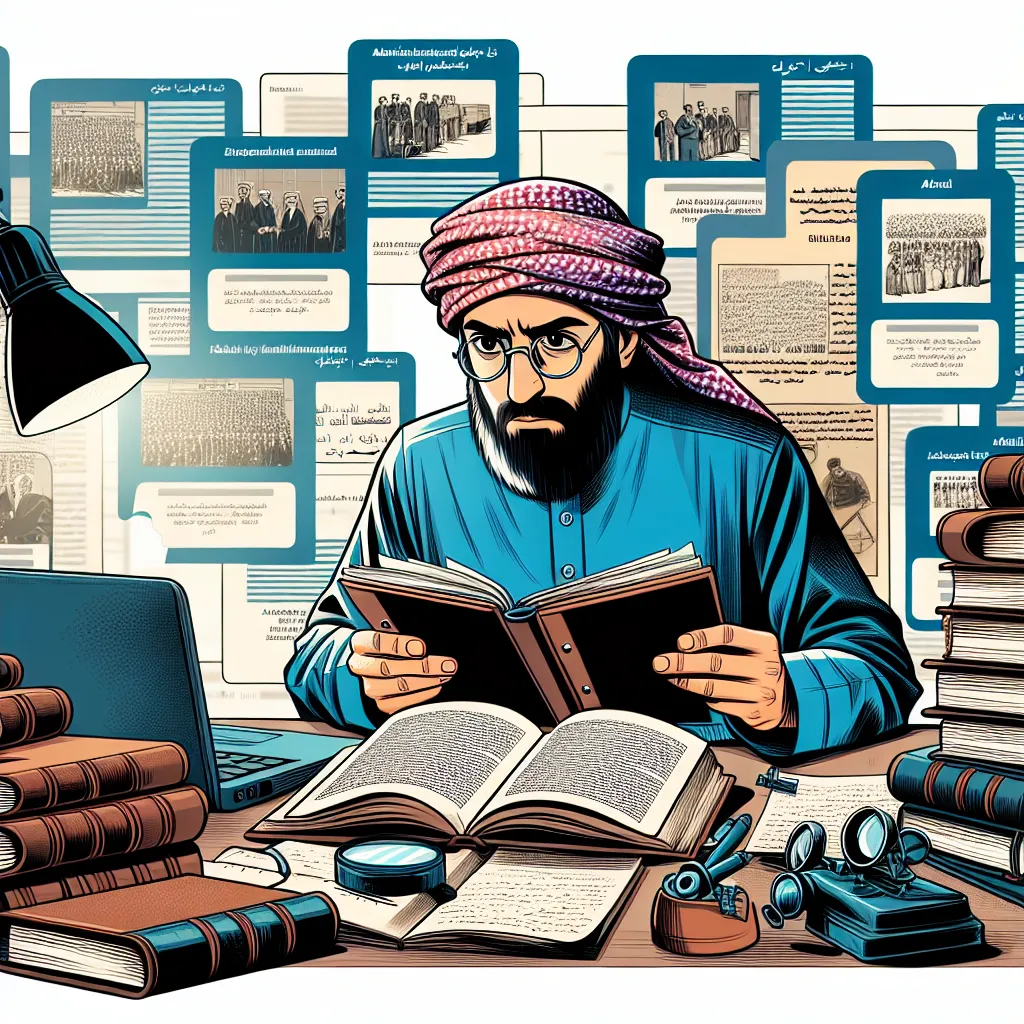Ask AI on The Internet
Question: Key Question: How did apartheid affect people’s lives and how did they respond? The project consists of two parts: • A written research task on one apartheid law • An oral history task in which you interview a person. Written research 1. Decide which apartheid law you are going to research [for example: Bantu Education Act; 2. Make use of reliable internet sites/books to research your law. 3. Write down the details of where you found your information for your bibliography. Research Essay: Introduction: State which law you have researched and the reason why you chose this issue. Body of evidence: a) When was the law passed or implemented? Why was the law passed? b) What changed were put in place after the law was implemented? c) What attitudes did people have towards the law? Conclusion: Why do you think this law or issue is interesting or important to know about today? Write a bibliography: 1) Title of Article: ____________________________________________________ Title of Website:___________________________________________________ Author: ________________________________________ Date of Publication: ________________________________________________ Date Accessed: ________________________________________ Publisher: _______________________________________ Page Numbers Used (If applicable): __________________ 2) Title of Article: ____________________________________________________ Title of Website:___________________________________________________ Author: ________________________________________ Date of Publication: ________________________________________________ Date Accessed: ________________________________________ Publisher: _______________________________________ Page Numbers Used (If applicable): __________________ Oral History Interview: Find out more about the law you researched from someone whose life was affected by it. Briefly explain why you chose this person. Ask the interviewee the following questions. Write down short answers. 1)When were you born? 2)Where did you grow up? 3) How did this law (e.g. Separate Amenities Act) affect you? 4) How did you respond to this law? 5) Why did you choose to respond in this manner? 6) How do you feel now that this law (Separate Amenities Act) in so longer a law in South Africa? Using the information, you gathered from your research and the interview, write an essay about the person who was interviewed. Focus on how he/she was affected by the law or issue and how he/she responded to it. Comment on your own reflections on the experience of doing the project. [What was interesting? How has it made you rethink your own views?] Your project will be marked according to this rubric: Level 7 Outstanding Level 6 Meritorious Level 5 Substantial Level 4 Adequate Level 3 Moderate Level 2 Elementary Level 1 Not Achieved Articulate, insightful, well expressed, accurate and appropriate content Well expressed, clear; accurate and appropriate content Good expression; clear; could have more content; good understanding Some errors in expression; some good content; but little understanding Errors in expression; could have more content; not much understanding Poor expression; content inadequate; No understanding of the issues; some areas incomplete Incomplete; no understanding shown; poor or inaccurate expression and content Research essay (20) 20-16 15-14 13-12 11-10 9-8 7-6 5-0 Bibliography (3) 3 2 1 0 Person chosen (3) 3 2 1 0 Essay about the person you interviewed (20) 20-16 15-14 13-12 11-10 9-8 7-6 5-0 Self -reflection (4) 4-3 2 1 0 Total: ______/50
### Research Essay **Introduction:** I have chosen to research the Bantu Education Act of 1953. I chose this issue because it is a significant example of how legislation can shape and constrain the lives of people. Specifically, it reveals how educational policies under apartheid were used to enforce racial inequalities and maintain control over the Black South African population. #### Body of Evidence: **a) When was the law passed or implemented? Why was the law passed?** The Bantu Education Act was passed in 1953 and came into effect in January 1954. This law aimed to provide separate and inferior education for Black South Africans. It was intended to ensure that Black people received a limited education, sufficient only to prepare them for roles as laborers and unskilled workers, thus entrenching their subservient position in society. The apartheid government believed this would reinforce the racial hierarchies and control the social and economic mobility of Black people. **b) What changes were put in place after the law was implemented?** Following the implementation of the Bantu Education Act, all schools for Black children were brought under the control of the apartheid government. The curriculum was specifically designed to limit intellectual development, emphasizing religious instruction, practical subjects, and teaching that promoted the idea of racial segregation. The funding for Black schools was significantly lower compared to that allocated to white schools, leading to overcrowded classrooms, lack of resources, underqualified teachers, and poor infrastructure. **c) What attitudes did people have towards the law?** The Bantu Education Act was met with widespread resistance and resentment among Black South Africans and progressive white South Africans. Many viewed it as a direct attack on the potential and future of the Black population. There were numerous protests, and some communities established independent schools as a form of resistance. The African National Congress and other liberation movements also strongly opposed the Act, highlighting it in their campaigns against the apartheid regime. **Conclusion:** The Bantu Education Act is a crucial issue to study today because it demonstrates how legislation can be manipulated to suppress and control large segments of a population. Understanding the impact of this law helps in recognizing the long-term effects of systemic racism and the importance of equitable education for all. **Bibliography:** 1) Title of Article: Bantu Education Act (1953) Title of Website: South African History Online Author: South African History Archive Date of Publication: February 10, 2012 Date Accessed: October 11, 2023 Publisher: South African History Archive Page Numbers Used (If applicable): N/A 2) Title of Article: The Legacy of Bantu Education Title of Website: The Conversation Author: Nicholas Spaull Date of Publication: June 2, 2015 Date Accessed: October 11, 2023 Publisher: The Conversation Page Numbers Used (If applicable): N/A ### Oral History Interview **Interviewee:** I chose to interview Mr. X, a former educator and activist who was directly affected by the Bantu Education Act. He has first-hand experience of the impact of apartheid-era educational policies. **Interview Questions and Answers:** **1) When were you born?** I was born in 1943. **2) Where did you grow up?** I grew up in a small township outside of Johannesburg. **3) How did this law affect you?** The Bantu Education Act limited my opportunities for quality education. The schools in our area were overcrowded, and the curriculum was designed to ensure we remained inferior. **4) How did you respond to this law?** I became actively involved in underground education movements, such as alternative schools, to provide a better education for our children. I also participated in protests and eventually became an educator dedicated to fighting the inequities. **5) Why did you choose to respond in this manner?** I believed that education is a fundamental right and crucial for empowerment. The injustice of the Bantu Education Act was evident, and I felt a moral obligation to fight against it. **6) How do you feel now that this law is no longer a law in South Africa?** I feel relieved and hopeful. The abolition of this law was a significant step towards equality, but we must continue to address the lingering disparities in the education system. ### Essay About the Person Interviewed Mr. X's experiences under the Bantu Education Act exemplify the broader struggles and resilience of many Black South Africans during apartheid. Born in 1943, he witnessed the degradation of the education system firsthand when the Act came into effect in 1954. The law profoundly impacted his schooling, subjecting him to overcrowded classrooms and a substandard curriculum designed to limit his intellectual growth and socio-economic mobility. His response was one of active resistance. Mr. X joined underground education initiatives aimed at providing quality education away from the constraints of the apartheid government. His protest through underground teaching and participation in political protests emerged from a deep belief in the transformative power of education and a commitment to justice. The abolition of the Bantu Education Act brought Mr. X a sense of relief and hope. However, his experiences stress the necessity of continued efforts to rectify the deep-seated inequalities left by apartheid. Through his activism and teaching, Mr. X exemplified the resilience and tenacity of those who fought against educational inequity. ### Self-Reflection Working on this project was a deeply enlightening experience. Researching the Bantu Education Act revealed the stark realities of systemic oppression and the ways in which laws can shape lives. Interviewing Mr. X was particularly impactful, as his personal stories provided a vivid, emotional perspective. This project has made me reevaluate my views on the importance of equitable access to education and the lasting effects of historical injustices. --- Total: __/50
Think your answer is better than the AI's? Post it below.
Question Tags
If you want your question answered by an AI, click here.







Post your own comment: